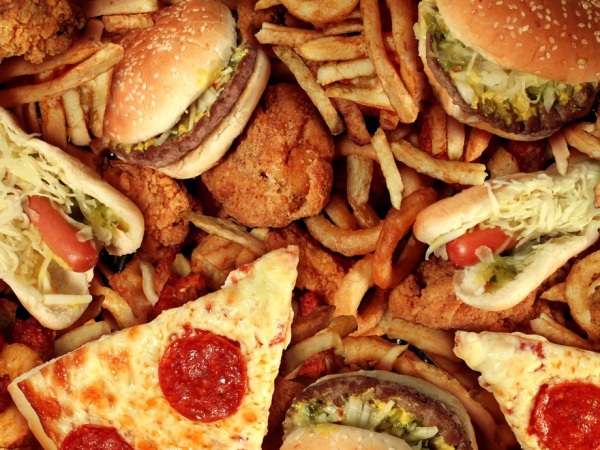BY AKINBODE OLUWAFEMI
FOOD! It provides our bodies with the nutrients we need to stay healthy and active. On three meals a day, we will consume more than 75,000 meals by age 70. Food has been termed “the essence of life.” Everyone has a right to healthy food.
The right to healthy food is a long-standing international human right to which many countries, including Nigeria, are committed. This right implies that sufficient food is available, people have the means to access it, and the food adequately meets people’s dietary needs.
Trans fats in food kill more than 500,000 people around the world per year, an analysis conducted on behalf of the American Heart Association suggests. In Nigeria, more than 1,200 people died from it in 2010, according to the study.
Trans fats, also known as trans-fatty acids, naturally occur in small, safe quantities in some meat and dairy products. They can also be industrially produced by partially hydrogenating vegetable oils, and it is these artificial trans fats that are added to our cooking oils as well as packaged, processed and baked goods in much larger, unsafe quantities. Cookies, popcorn and coffee creamers may contain artificial trans fats; margerines, frozen pizzas and cake frosting may, as well, among many other popular foods.
Advertisement
Trans-fat consumption increases your risk of coronary heart disease as it boosts bad cholesterol while decreasing good cholesterol. New research suggests that dementia, cognitive impairment and an increased risk of Alzheimer’s disease may be connected to trans-fat intake as well.
Last year, WHO urged world leaders to cut industrially produced trans fats from the food supply by 2023. It’s the first time WHO has called for the world-wide elimination of a chronic disease risk factor. The agency suggests two equally effective ways for countries to proceed – banning partially hydrogenated oils, or limiting trans fats to 2% of total fat content in all fats, oils and foods.
Denmark was the first country to limit industrially produced trans fats to 2% of total fat in all foods. Canada, the United States and Thailand have banned partially hydrogenated oils. A growing number of countries, including South Africa, India and Brazil, are taking steps to eliminate artificial trans fat.
Advertisement
Experience shows: Industrially produced trans fats can be eliminated without changing the taste or cost of food. Only your heart will know the difference.
Commendably, Nigeria is making the elimination of industrially produced trans fats a priority. It is featured in Nigeria’s Non Communicable Diseases Multi-sectoral Action Plan, launched on August 6 by the Federal Ministry of Health in collaboration with WHO and others.
Our National Agency for Food and Drug Administration and Control (NAFDAC) has authority to take action on this issue, and is in the process of finalizing regulations that will limit trans fats to 2 grams per 100 grams of total fat in all fats, oils and foods. NAFDAC should be applauded for taking steps to eliminate artificial trans fats from our food supply, and encouraged to finalize regulations swiftly. Doing so will cement Nigeria’s role as a public health leader in Africa and around the world.
“Why should our children have such an unsafe ingredient in their foods?” WHO’s Director-General, Dr. Tedros Adhanom Ghebreyesus, once asked about industrially produced trans fat.
Advertisement
Eliminating this toxic chemical from the 75,000 meals our children will eat by the time they turn 70 will help them live longer and healthier lives.
Oluwafemi is a social justice campaigner based in Lagos.
Views expressed by contributors are strictly personal and not of TheCable.
Add a comment






